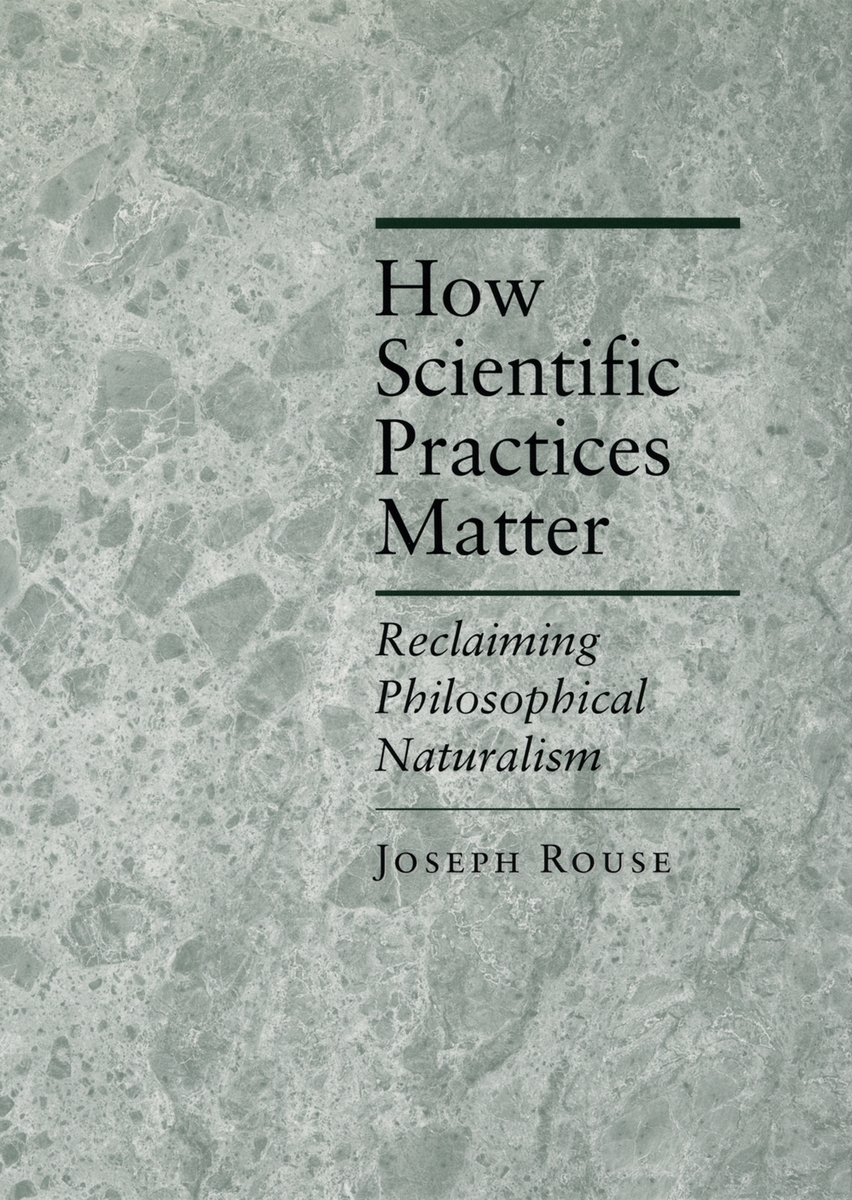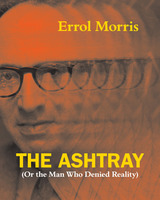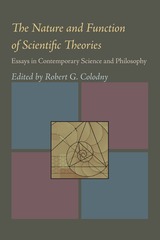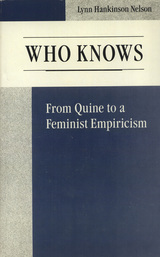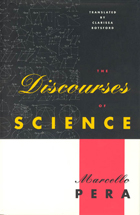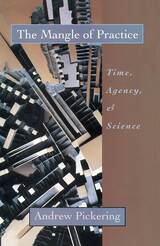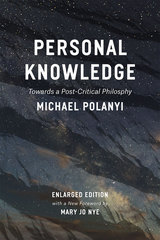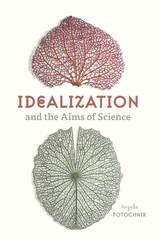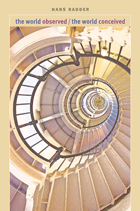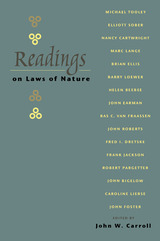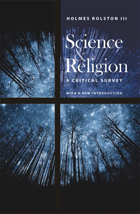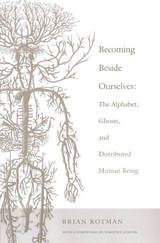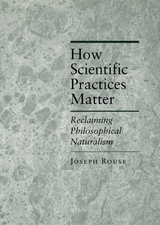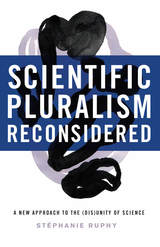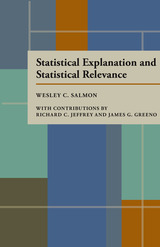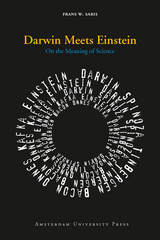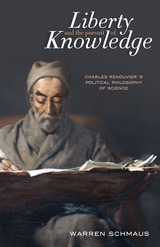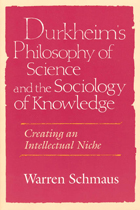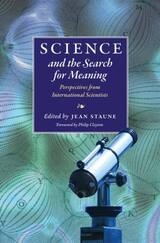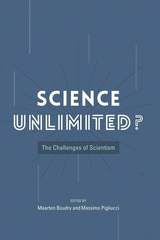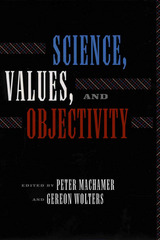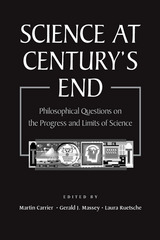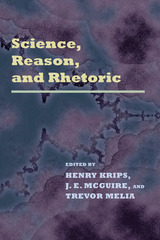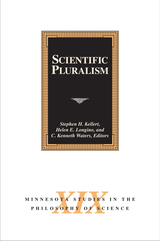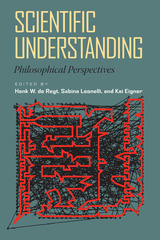How Scientific Practices Matter: Reclaiming Philosophical Naturalism
University of Chicago Press, 2002
eISBN: 978-0-226-73010-3 | Cloth: 978-0-226-73008-0
Library of Congress Classification Q175.R5668 2002
Dewey Decimal Classification 501
eISBN: 978-0-226-73010-3 | Cloth: 978-0-226-73008-0
Library of Congress Classification Q175.R5668 2002
Dewey Decimal Classification 501
ABOUT THIS BOOK | AUTHOR BIOGRAPHY | TOC
ABOUT THIS BOOK
How can we understand the world as a whole instead of separate natural and human realms? Joseph T. Rouse proposes an approach to this classic problem based on radical new conceptions of both philosophical naturalism and scientific practice.
Rouse begins with a detailed critique of modern thought on naturalism, from Neurath and Heidegger to Charles Taylor, Thomas Kuhn, and W. V. O. Quine. He identifies two constraints central to a philosophically robust naturalism: it must impose no arbitrarily philosophical restrictions on science, and it must shun even the most subtle appeals to mysterious or supernatural forces. Thus a naturalistic approach requires philosophers to show that their preferred conception of nature is what scientific inquiry discloses, and that their conception of scientific understanding is itself intelligible as part of the natural world. Finally, Rouse draws on feminist science studies and other recent work on causality and discourse to demonstrate the crucial role that closer attention to scientific practice can play in reclaiming naturalism.
A bold and ambitious book, How Scientific Practices Matter seeks to provide a viable—yet nontraditional—defense of a naturalistic conception of philosophy and science. Its daring proposals will spark much discussion and debate among philosophers, historians, and sociologists of science.
Rouse begins with a detailed critique of modern thought on naturalism, from Neurath and Heidegger to Charles Taylor, Thomas Kuhn, and W. V. O. Quine. He identifies two constraints central to a philosophically robust naturalism: it must impose no arbitrarily philosophical restrictions on science, and it must shun even the most subtle appeals to mysterious or supernatural forces. Thus a naturalistic approach requires philosophers to show that their preferred conception of nature is what scientific inquiry discloses, and that their conception of scientific understanding is itself intelligible as part of the natural world. Finally, Rouse draws on feminist science studies and other recent work on causality and discourse to demonstrate the crucial role that closer attention to scientific practice can play in reclaiming naturalism.
A bold and ambitious book, How Scientific Practices Matter seeks to provide a viable—yet nontraditional—defense of a naturalistic conception of philosophy and science. Its daring proposals will spark much discussion and debate among philosophers, historians, and sociologists of science.
See other books on: Naturalism | Philosophy | Philosophy & Social Aspects | Rouse, Joseph | Science
See other titles from University of Chicago Press
